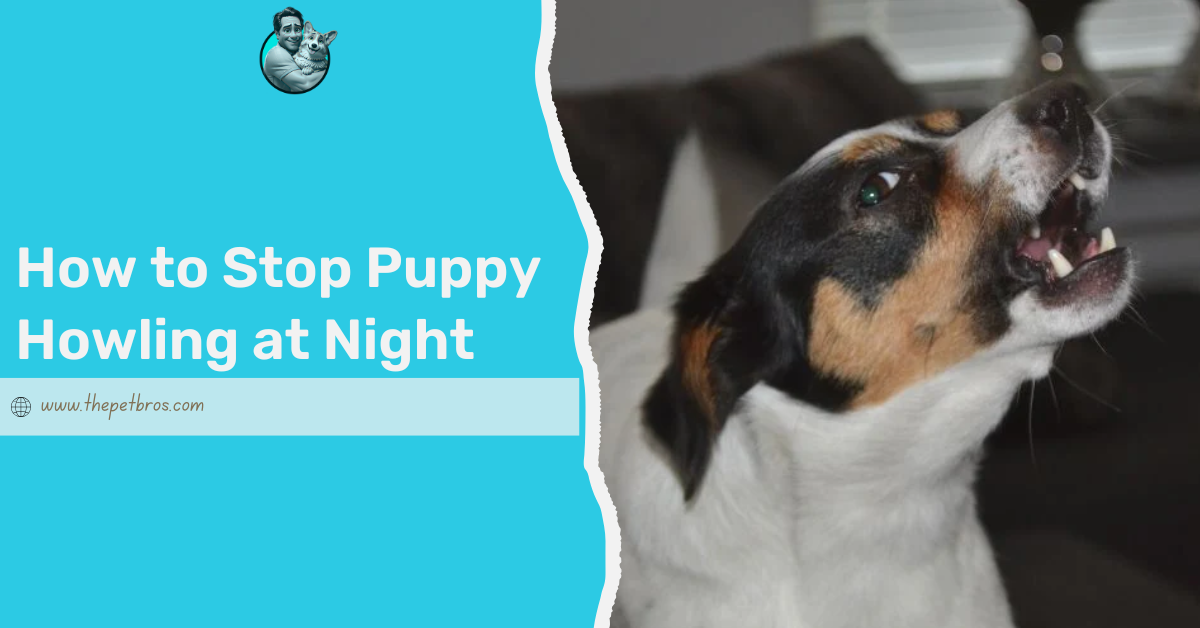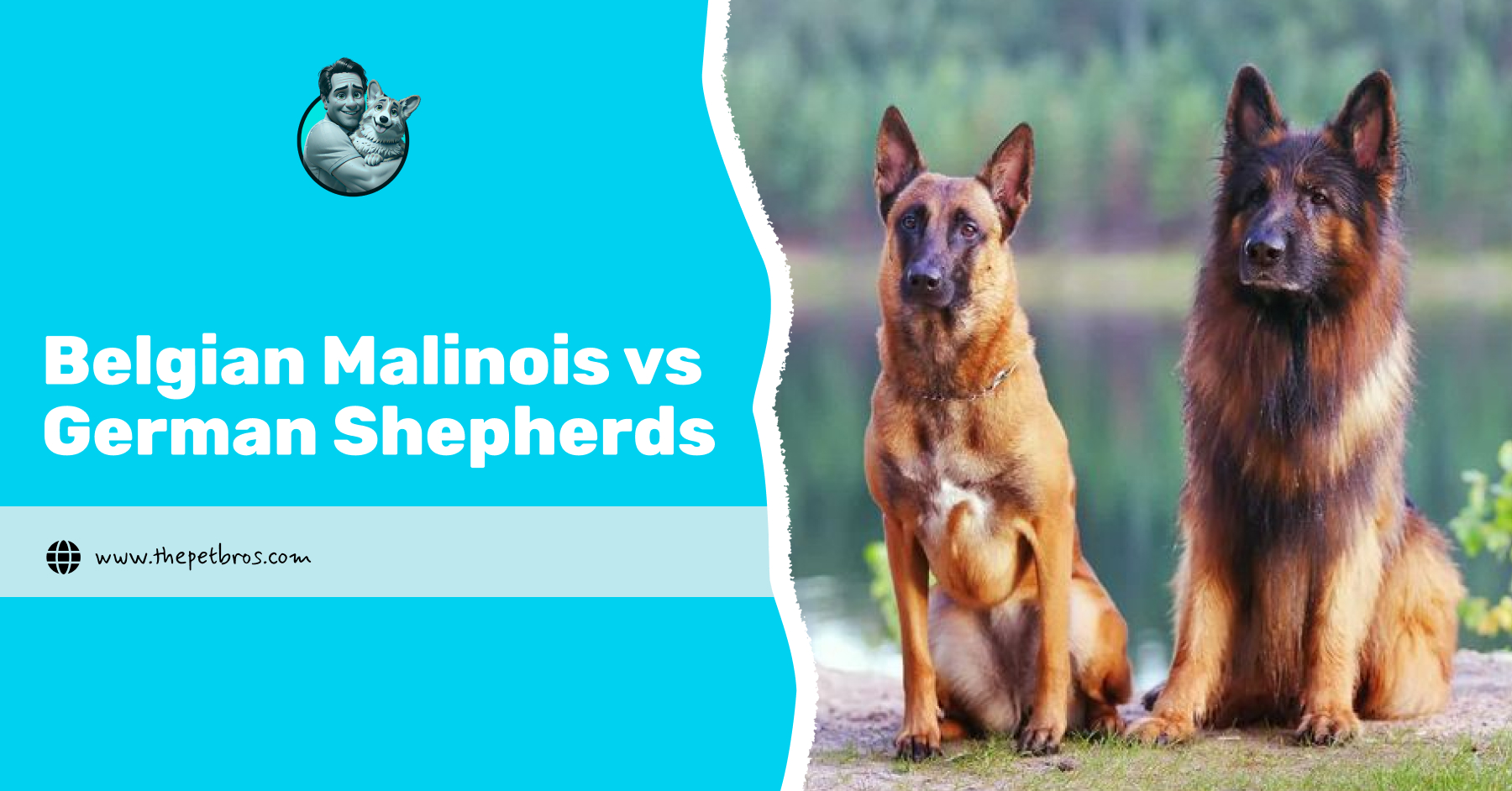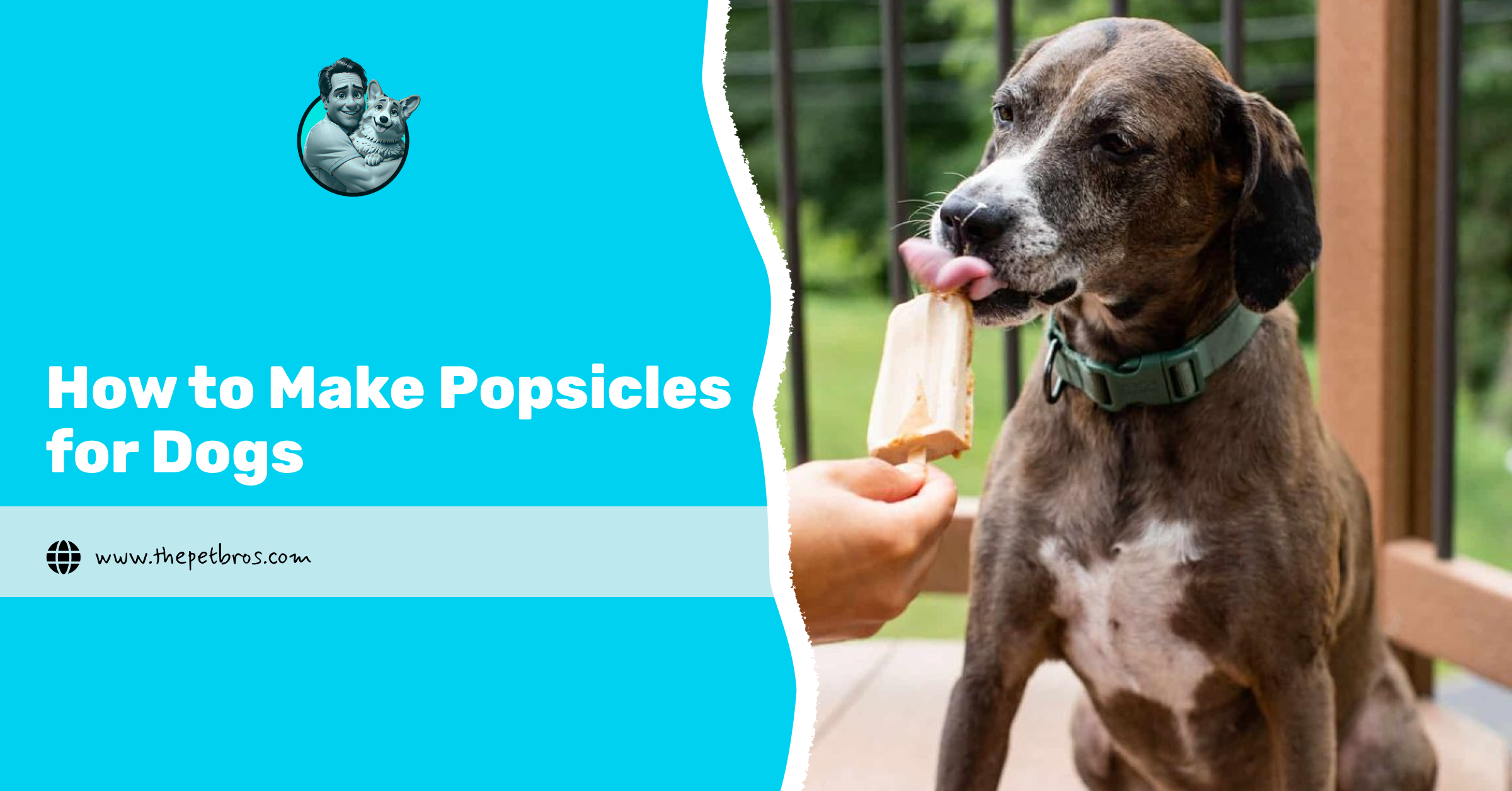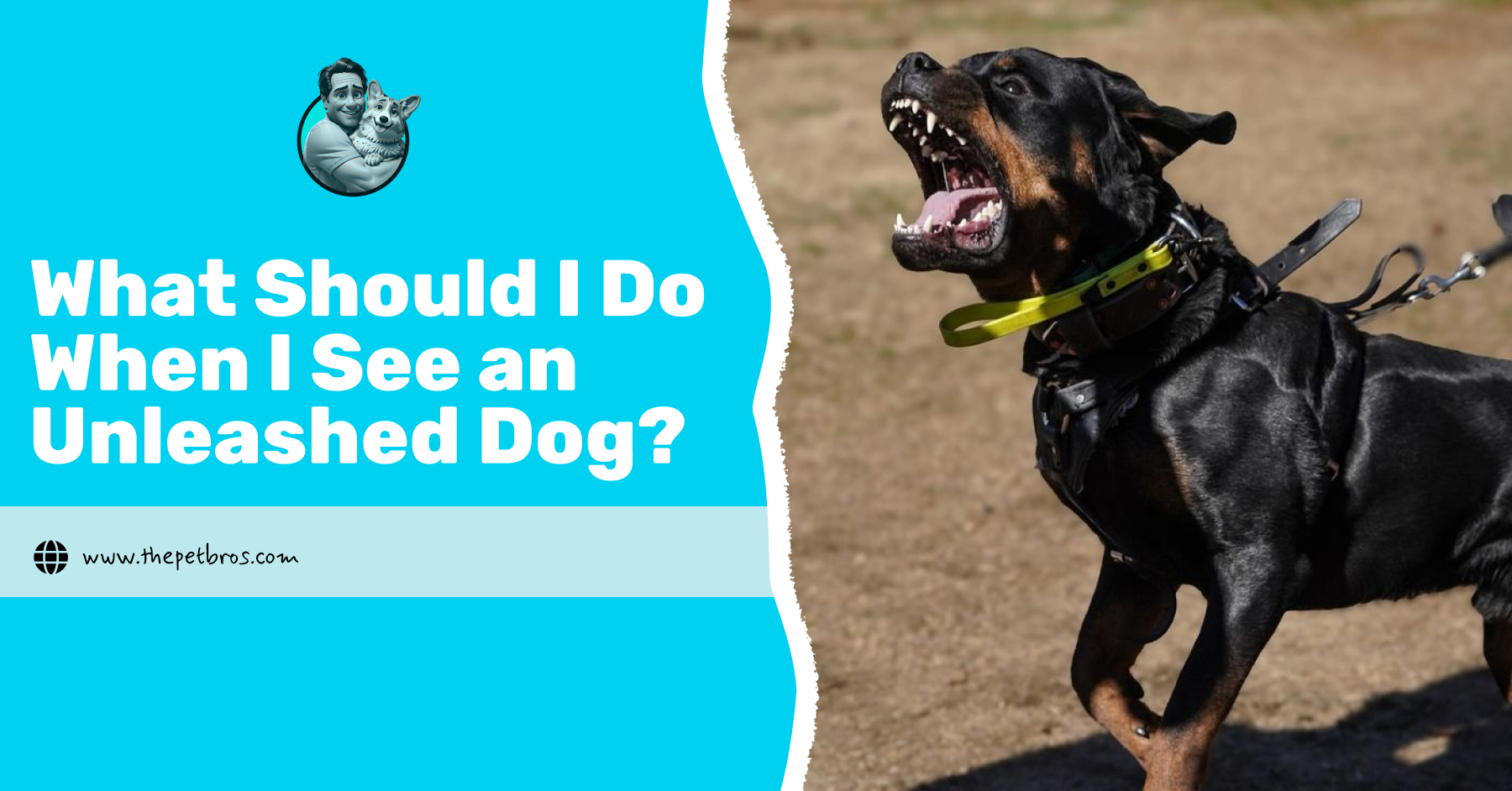Do you know what no one warned you about when you brought that adorable puppy home? That your house would turn into a midnight concert, starring one very emotional puppy with lungs that seem powered to last forever. If you’re rubbing your eyes and typing “how to stop puppy howling at night” at 2 AM with your phone on the lowest brightness setting, welcome to the club!
But you don’t have to worry; your pup isn’t broken. They’re just scared. One minute, they were warm and safe in a litter cuddle pile, and now they’re in a strange place with strange smells and you, who may be lovely but definitely don’t smell like their mum.
Thankfully, this is fixable. You don’t need to bribe your puppy with steak or hire a sleep coach (yes, that’s a thing). What you need to stop your puppy from howling at night are 8 simple steps. Let’s walk through them together.
First, Why Is Your Puppy Howling at Night?
If you have been wondering why your puppy is howling at night, or perhaps why your dog is whining so much at night, there are a few common reasons behind the noise.
First, separation anxiety is a big one. Your puppy has gone from cuddling with their littermates and mum to being alone in a new environment, which can feel pretty scary. It’s entirely natural for them to feel anxious and unsure, leading to that heartbreaking howling.
Second, they could be experiencing physical discomfort. Maybe they are too cold, hungry, or even in a little bit of pain, but puppies can’t always communicate these things directly. As a result, they resort to whining or howling to signal that something’s off.
Lastly, bathroom needs. Puppies have tiny bladders, and if they’ve been in their crate or bed for a while, they may need a midnight bathroom break. When you hear that howling, it’s time for a potty run, and you better heed it so you don’t have to start worrying about how to get your dog’s pee off your couch the next morning.
8 Ways to Stop Puppy Howling at Night
1. Create a Comfortable Sleeping Space
One step to helping your puppy sleep through the night is creating a comfortable sleeping space for them. A cosy, safe space is key to helping your puppy settle down at night. Start by setting up a designated sleeping area with a soft bed, blanket, or even a piece of clothing that smells like you.
Puppies feel secure when they have their own designated space, especially when it’s warm and inviting. If your puppy is particularly nervous, you can add a heat pad (just be sure it’s safe for pets) to simulate the warmth of their littermates.
Additionally, a ticking clock or a heartbeat toy can mimic the sound of their mother’s heartbeat, offering even more comfort. This little effort can go a long way in calming their nerves and reducing nighttime howling.
2. Sleep Nearby For The First Few Nights
For the first few nights, consider keeping your puppy’s sleeping area close to you. Puppies are adjusting to a new environment, and sleeping nearby can offer the reassurance they need. You don’t have to be right next to them, but having their crate or bed in your room can help them feel more secure.
This proximity will also allow you to respond quickly if they start howling or whining in the night. As your puppy settles in, you can gradually move their sleeping area to a quieter location. This step is crucial for reducing separation anxiety and helping your pup feel secure enough to sleep through the night.
3. Establish a Calming Bedtime Routine
Just like with human babies, being consistent with your routine is key for puppies. Establishing a calming bedtime routine helps signal to your puppy that it’s time to wind down and sleep. A routine could include a quiet play session, a quick bathroom break, and some cuddle time to help them relax.
When you stick to this routine each night, your puppy will start to associate some of these activities with sleep, making them feel more comfortable and secure. This ritual will help your puppy transition into a peaceful night’s sleep without howling or crying for attention.
4. Time Their Meals And Bathroom Breaks Properly
Another way to help your puppy stop howling at night is to make sure you’re timing your puppy’s meals and bathroom breaks correctly. It’s important to feed your puppy their last meal a few hours before bedtime.
This gives them enough time to digest and go to the bathroom before heading off to bed. Just like in humans, having a full tummy before bed can make them uncomfortable, leading to unnecessary whining or crying in the night.
If you are able to stick to a solid bathroom schedule and ensure they have time to relieve themselves before bed, you’re setting up your puppy for a more peaceful, uninterrupted sleep. Remember, a tired, well-fed puppy is much more likely to settle down and sleep soundly through the night.
5. Comfort Them Without Introducing Play
When your puppy starts howling, it’s tempting to rush in and comfort them with cuddles or a play session. But here’s the key: comforting your puppy calmly without introducing play is essential to avoid reinforcing the behaviour.
If you engage in play or too much excitement, your puppy may start to associate howling with getting attention or fun activities, making it harder for them to settle down. Instead, when you hear that whimpering or howling, approach your puppy calmly, offer some gentle reassurance, and then let them settle back down. This keeps the focus on comfort, not play, and helps them understand that nighttime is for sleeping, not playing.
6. Exercise And Mentally Tire Your Puppy During The Day
Note how we are emphasising the fact that a tired puppy is a good puppy, especially when it comes to preventing howling at night. Make sure to give your puppy plenty of exercise and mental stimulation during the day. Whether it’s a walk, a play session, or training exercises, helping your puppy burn off excess energy will make them more likely to sleep soundly through the night.
Just remember to keep exercise appropriate for their age and breed, as overdoing it can lead to things like rapid breathing in dogs or even exhaustion. A well-exercised puppy will be too tired to howl, giving both of you a much-needed break from sleepless nights.
And this applies to older dogs, too, and not just puppies. It’s less likely for a tired dog to stay up all night howling, unless there is an underlying health challenge. However, when it happens, thankfully, there are also several ways to stop your older dog from howling at night.
7. Keep Their Sleep Space Free From Distractions
Your puppy’s sleep space should be calm, quiet, and free from distractions that could lead to nighttime howling. Avoid leaving toys or treats in their sleeping area, as they can encourage playtime when your puppy should be resting.
While it’s important to make their space cosy, you also want to ensure it’s an environment conducive to sleep. A crate, pen, or designated bed is a great option to create a sense of security. By eliminating distractions, your puppy will learn that their sleeping area is for rest, not play, making it easier for them to settle down at night.
8. Make Sure They Are Not Ill
If you’ve tried everything and your puppy is still howling, it might be time to check if they’re experiencing any discomfort or illness. Puppies can sometimes cry at night due to health issues, even if they’re otherwise playful during the day. Issues like teething, upset stomachs, or ear infections can make it hard for your puppy to get comfortable.
Now, if your puppy is persistently crying, it’s always a good idea to have them checked by a vet to rule out any health concerns. Keeping your puppy healthy is essential for their well-being and for helping them feel safe and secure during bedtime.
What If They Don’t Stop Howling?
Sometimes, even with all these steps, your puppy may still not stop howling. Don’t panic, this is normal, and it can take some time for your puppy to adjust to their new environment. The only thing required here is your patience and consistency. Remember, your puppy is still learning to trust that you’ll always be there to comfort them when they need it.
If they continue to cry, avoid using methods like the “cry it out” approach, as this can lead to more anxiety and confusion. Instead, focus on the positive reinforcement techniques we’ve mentioned.
FAQs
Should I ignore my puppy howling at night?
No, ignoring them can make things worse and might even lead to anxiety. Comfort them calmly.
How long will my puppy cry at night?
Most puppies settle within a week or two. If you stick to a consistent routine and follow the steps in this guide, you’ll be sleeping well soon.
Can crate training help with nighttime howling?
Absolutely, but only if the crate feels like their home, not a punishment box. Make it warm and cosy.














